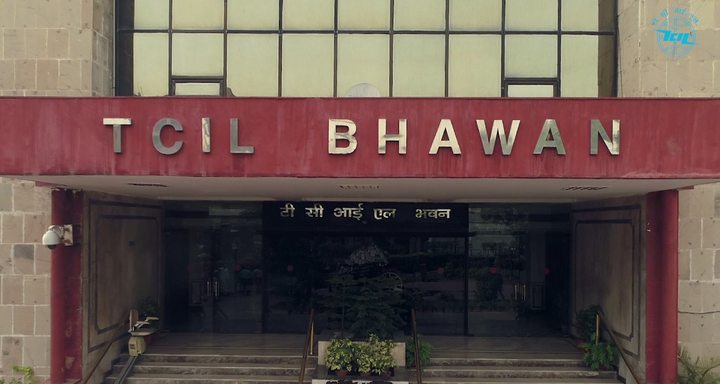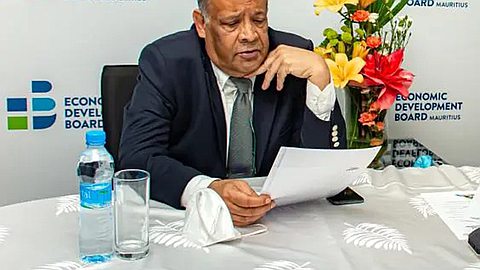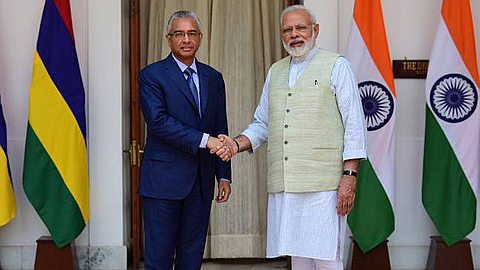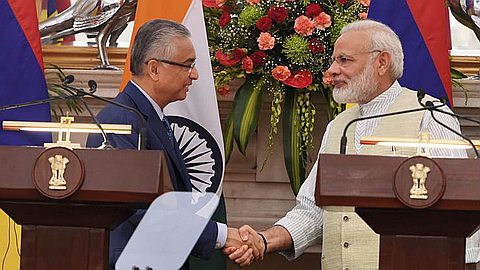Economic Times of India: TCIL, Indian state-owned company, aims to modernise telecommunications networks in Mauritius

Telecommunications Consultants India Limited
Indian state-owned Telecommunications Consultants India Limited (TCIL) is preparing to upgrade old telecommunications networks in Mauritius, Angola and Gambia. This initiative was revealed by TCIL Chairman Sanjeev Kumar in a statement to the Economic Times.
This initiative is taken in the context of the recent G20 summit in New Delhi which came out in favor of Washington with the “Rip and Replace” program which allows American companies to remove equipment from telecommunications networks developed and manufactured by Chinese companies, notably Huawei and ZTE.
TCIL has carried out an in-depth market study for the three African countries in question and proposes to offer a converged core for the provision of fixed and mobile services, as well as the operation of a backbone network. According to Mr. Kumar, this move would be of great benefit to telecom operators and the local public, by offering services at a very competitive cost using Indian expertise and technology.
Indian Communications Minister Ashwini Vaishnaw recently expressed the possibility of India becoming an exporter of telecommunications technology as early as next year. As part of this ambition, Mauritius has accepted TCIL's proposal to undertake a proof of concept (PoC) on one of its islands, home to approximately 25,000 inhabitants. The PoC involves the installation of base transceiver (BT) stations for 4G, a hybrid optical line terminal (OLT) with a converged core of c-DoT, as well as an E-band radio from Astra for create an end-to-end network using Indian technologies. Tata’s Tejas Networks will be responsible for the deployment of the Radio Access Network (RAN) and hybrid OLT for this PoC.
Mauritius as a springboard
Mauritius is considered a more developed market, and its main operator, Mauritius Telecom, has agreed to collaborate for this PoC. TCIL sees potential in Mauritius to serve as a springboard for India to deploy its technology in other foreign markets.
The Indian government, under the leadership of Prime Minister Narendra Modi, is banking heavily on domestic technological development, in line with the 'Atmanirbhar Bharat' (Self-reliant India) initiative, with the aim of diversifying the supply chain to meet the disruptions caused by the Covid-19 pandemic. This approach takes place in a context where Chinese companies dominate the African market, but many countries in the region, lacking financial resources, do not yet have 4G and 5G networks, often limiting themselves to 2G or 3G services.
TCIL, as an Indian state-controlled telecommunications engineering company, plans to enter overseas markets in the next six months.
The objective is to help African countries upgrade their telecommunications infrastructure to 4G and 5G technologies,
thus opening new opportunities for development and cooperation in the field of telecommunications.




